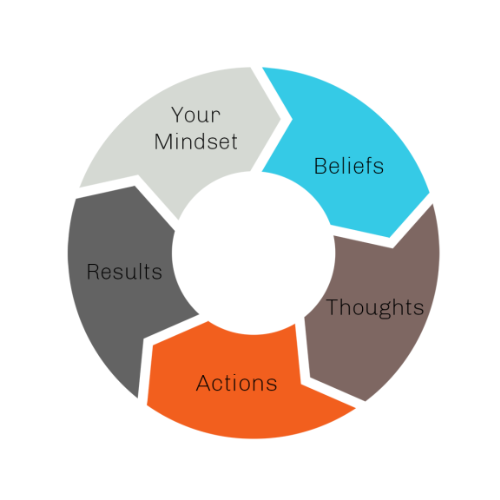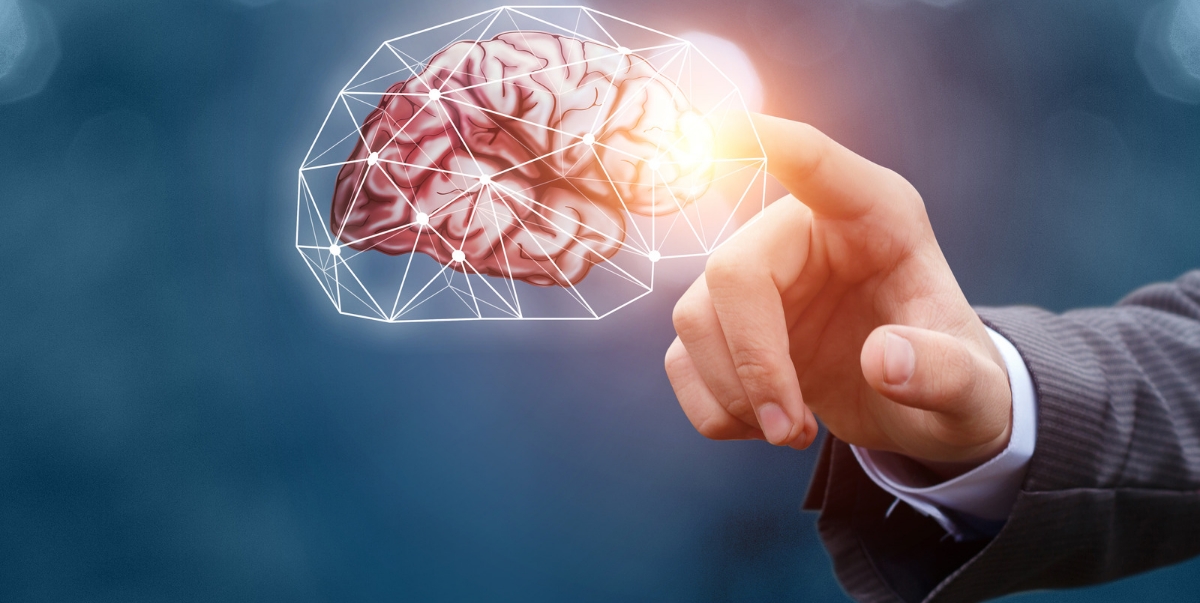The Conscious Self and Unconscious Self
In order to understand properly the phenomena of suggestion, or to speak more correctly of autosuggestion, it is necessary to know that two absolutely distinct selves exist within us. Both are intelligent, but while one is conscious the other is unconscious. For this reason the existence of the latter generally escapes notice. It is however easy to prove its existence if one merely takes the trouble to examine certain phenomena and to reflect a few moments upon them. Let us take for instance the following examples:
Every one has heard of somnambulism; every one knows that a somnambulist gets up at night without waking, leaves his room after either dressing himself or not, goes downstairs, walks along corridors, and after having executed certain acts or accomplished certain work, returns to his room, goes to bed again, and shows next day the greatest astonishment at finding work finished which he had left unfinished the day before. It is however he himself who has done it without being aware of it. What force has his body obeyed if it is not an unconscious force, in fact his unconscious self?
Let us now examine the alas, too frequent case of a drunkard attacked by delirium tremens. As though seized with madness he picks up the nearest weapon, knife, hammer, or hatchet, as the case may be, and strikes furiously those who are unlucky enough to be in his vicinity. Once the attack is over, he recovers his senses and contemplates with horror the scene of carnage around him, without realizing that he himself is the author of it. Here again is it not the unconscious self which has caused the unhappy man to act in this way? (And what aversions, what ills we create for ourselves, everyone of us and in every domain by not “immediately” bringing into play “good conscious autosuggestions” against our “bad unconscious autosuggestions,” thus bringing about the disappearance of all unjust suffering.)
If we compare the conscious with the unconscious self we see that the conscious self is often possessed of a very unreliable memory while the unconscious self on the contrary is provided with a marvelous and impeccable memory which registers without our knowledge the smallest events, the least important acts of our existence. Further, it is credulous and accepts with unreasoning docility what it is told. [This would suggest that it is our unconscious self that dreams, since in dreams we accept circumstances without question, even when they are absurd. Donald Tyson] Thus, as it is the unconscious that is responsible for the functioning of all our organs but the intermediary of the brain, a result is produced which may seem rather paradoxical to you: that is, if it believes that a certain organ functions well or ill or that we feel such and such an impression, the organ in question does indeed function well or ill, or we do feel that impression.
Not only does the unconscious self preside over the functions of our organism, but also over all our actions whatever they are. It is this that we call imagination, and it is this which, contrary to accepted opinion, always makes us act even, and above all, against our will when there is antagonism between these two forces.

